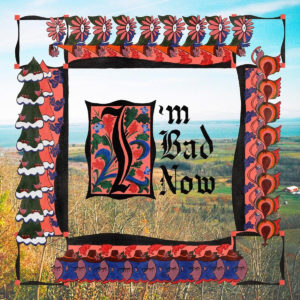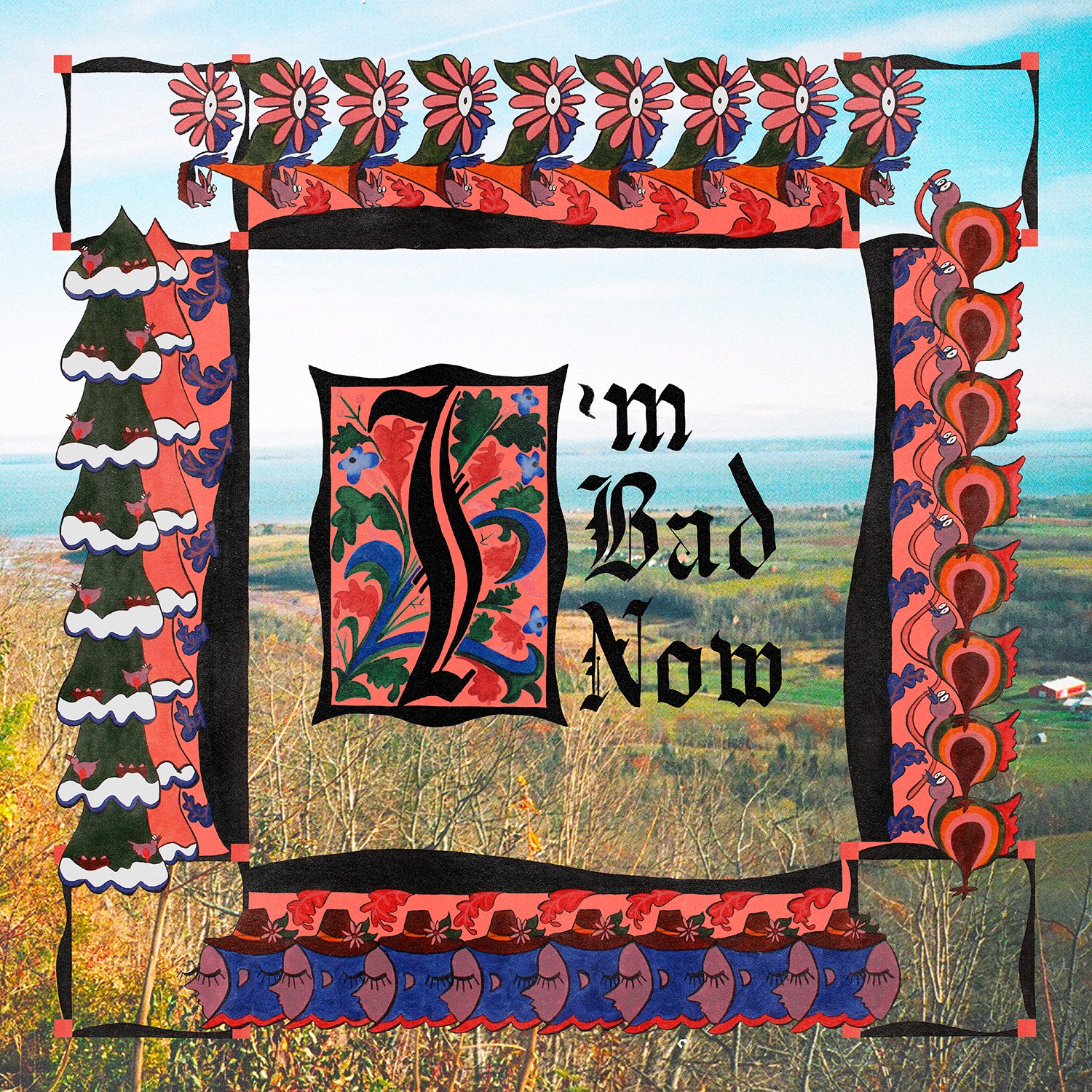Nap Eyes 
I’m Bad Now
PARADISE OF BACHELORS/JAGJAGUWAR
7/10
Nap Eyes’ I’m Bad Now is an album that sums up what it’s like to have writer’s block and a general lack of inspiration. That isn’t because the album is uninspiring itself, but rather because it’s able to communicate exactly what artistic lethargy feels like. The Canadian rock band’s latest is the ideal auditory companion for any creative who feels isolated in their struggle—particularly those who wonder why they’re stuck, and aren’t satisfied with any simple answer.
At first glance, I’m Bad Now may come off as a straightforward collection of songs. In a way, it is easy listening—a bit folksy, with lilting guitar solos to complement Nigel Chapman’s ramble-singing. Undoubtedly, the band members—Brad Loughead (lead guitar), Josh Salter (bass), and Seamus Dalton (drums)—are able to play together well.
However: Upon closer inspection—and it definitely deserves that—an entirely new level of thinking is revealed. Chapman’s long-winded, brooding monologues are reminiscent of Dan Bejar’s in their poetry, while he evokes Lou Reed in his delivery. I’m Bad Now presents itself as a self-examination, asking some existential questions and often leaving them unanswered. Chapman’s roundabout lyricism can sound like he’s conversing with his own reflection: “I was waiting for the kind of sign that you don’t expect / You were wondering what’s the point of it, but I don’t know and I didn’t know what to say / Then again I was thinking later / Why even try to say.” There’s something intriguing about this open-ended curiosity; it’s in no rush to make any revolutionary statements.
This sometimes unforgiving introspection is reflective of Chapman’s recent day job as a biochemist. The scientist’s perspective shines through on this album; at its core it’s a meticulous approach to self-analysis. (“Oh, I can’t tell what’s worse / The meaninglessness or the negative meaning,” Chapman sings on “Every Time the Feeling.”) When his mind wanders, his bandmates are able to keep him grounded; when his philosophizing threatens to take over, the music brings Chapman firmly back.







